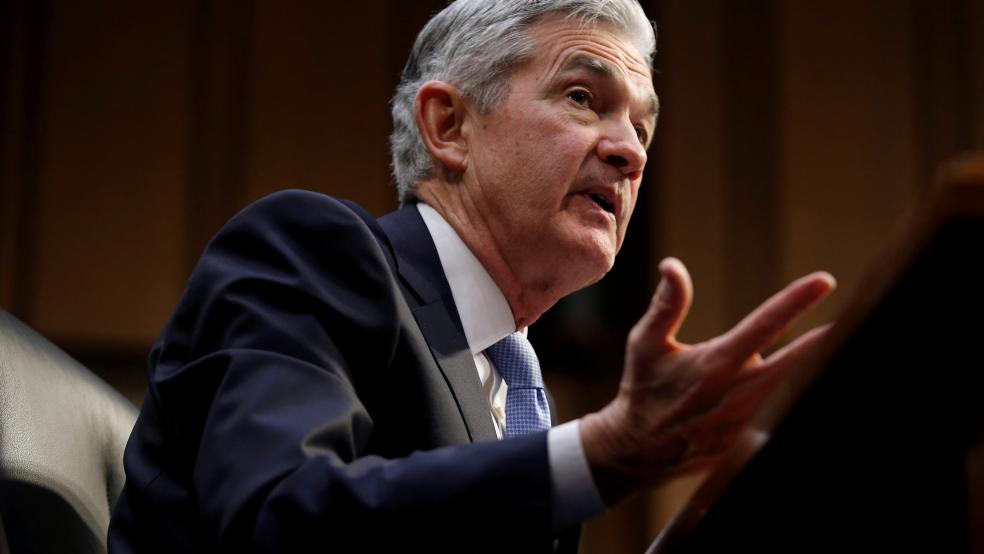In an interview that aired Sunday evening, Federal Reserve Chairman Jerome Powell told CBS’s “60 Minutes” that “almost all” of the officials involved in setting the central bank’s benchmark interest rate believe that it will be appropriate to cut rates this year.
Powell’s comments confirm the outlook he provided last week following the January meeting of the Federal Open Market Committee, though some Fed watchers thought they heard a slightly more hawkish tone. Some Wall Street analysts are betting that the Fed will cut rates as many as six times in 2024, but Powell indicated that Fed officials’ estimate of three cuts this year still seems likely.
Analysts at Goldman Sachs said in a research note that as a result of the latest interview, they have increased the odds that the Fed will wait until June to start cutting rates, rather than doing so in May, although the earlier date still seems most likely. If Fed officials do wait until early summer, that could create a “later but steeper” path for rate cuts for the rest of the year, the Goldman analysts said.
Assessing the debt: In the same interview, Powell said that he has long-term concerns about the national debt. “The U.S. federal government’s on an unsustainable fiscal path,” he said when asked by CBS’s Scott Pelley about how he assesses the national debt. “And that just means that the debt is growing faster than the economy. So, it is unsustainable. I don’t think that’s at all controversial.”
Powell noted that the pandemic required the federal government to spend aggressively to avoid what appeared to be “severe downside risks,” but that exceptional period is over. “It's probably time, or past time, to get back to an adult conversation among elected officials about getting the federal government back on a sustainable fiscal path,” he said.
Powell also noted that the national debt is “difficult from a political standpoint” and is largely the responsibility of Congress. “It's not our business, really,” he said. “But I do think it's pretty widely understood that it's time for us to get back to putting a priority on fiscal sustainability. And sooner's better than later.”
The Debt
Powell Warns of ‘Unsustainable’ Fiscal Path, Talks Rate Cuts

JOSHUA ROBERTS


